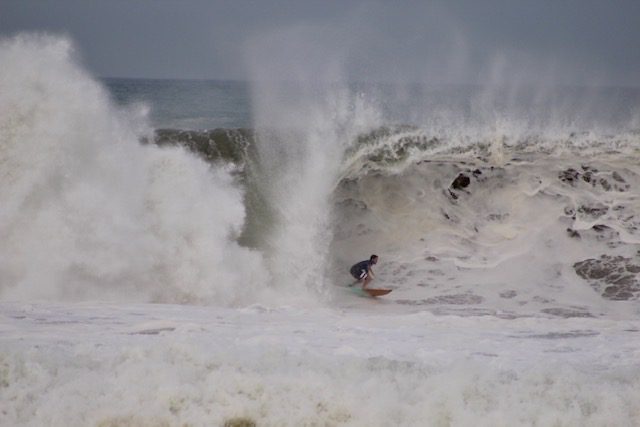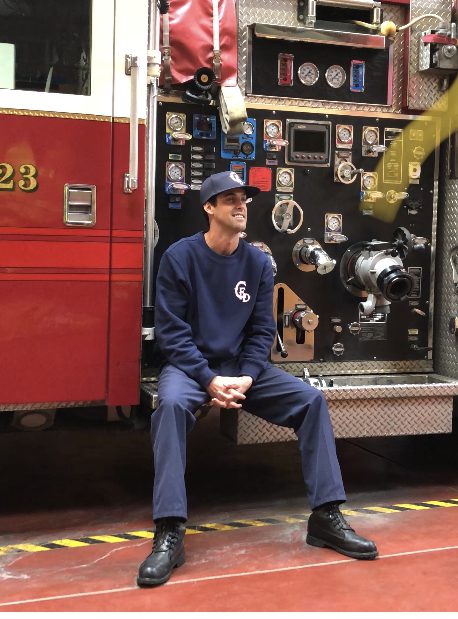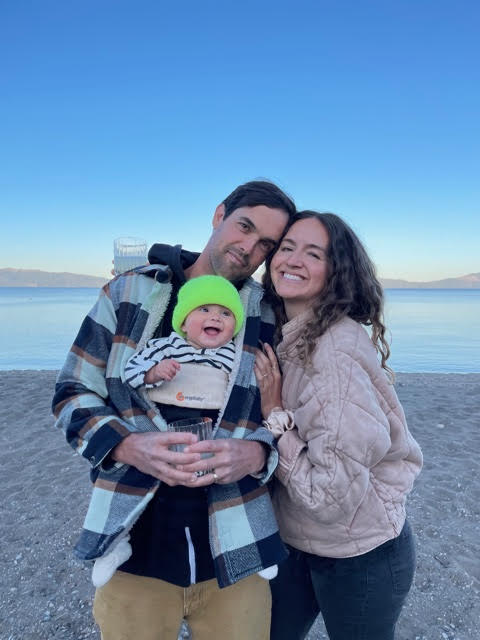“It’s really tough when it gets personal. If you have a connection with that person, and you’ve known their family members for a long time, you really have to go inside and see what’s going on and talk about the situation with them. For us to deal with the trauma, there are outlets– we have a critical response stress team that will come out and help us. It definitely takes work to get through that stuff. Seeing people die is a real thing”.
Crompton and his beautiful wife Stephanie gave birth to their daughter, Uma, last year. He is proud of the road he has taken and still loves surfing big waves. He’s also proud of his many fellow Junior Lifeguard alumni for also pursuing careers in lifesaving.
“One call, someone was drowning in the Harbor. My buddy, Blake Anderson, was Harbor Security and was already on the scene performing chest compressions when I arrived. Then, when I dropped the man off at the hospital and Brook Goddard, another friend, was the doctor who cared for him. We all chose lifesaving as a career. It is really cool to see it come full circle like that,” explains Crompton.
Crompton has some advice for aspiring watermen/women who want to surf a lot, while also putting their life-saving skills to use for a career.
“I just want to tell kids who aren’t sure of what they want to be when they grow up but know that they want to surf as much as possible, firefighting is a great match. You might not be the professional surfer with all the sponsorships, but growing up and taking care of yourself by eating healthy and doing good in school; all those things are crucial and can lead you to a clear like I have”.
“If we don’t know the people personally, it can just become our work, we go in, do our thing, help the people out, and hand the patient off to the hospital. This routine begins to get comfortable—you’re almost numb. It can wear on you even when you don’t know about it. Therapists who help firefighters call it, “wearing a backpack of rocks”. You don’t think about it but all those heavy calls that you go to is like throwing another rock in your backpack and eventually that backpack’s going to wear you down.”








